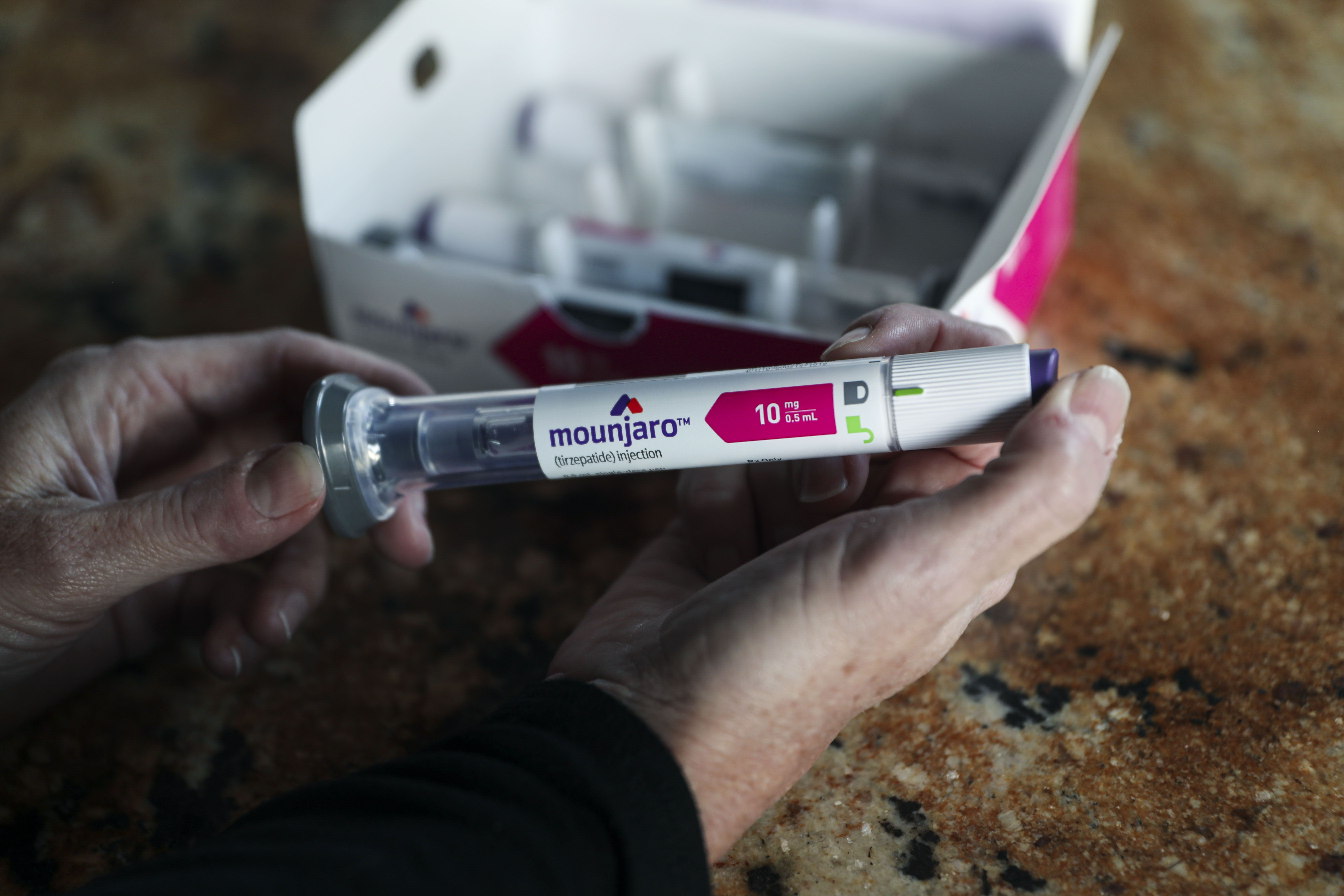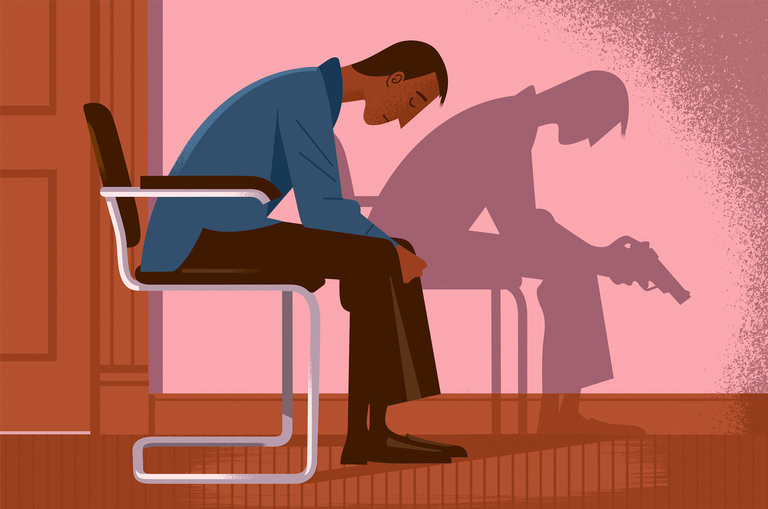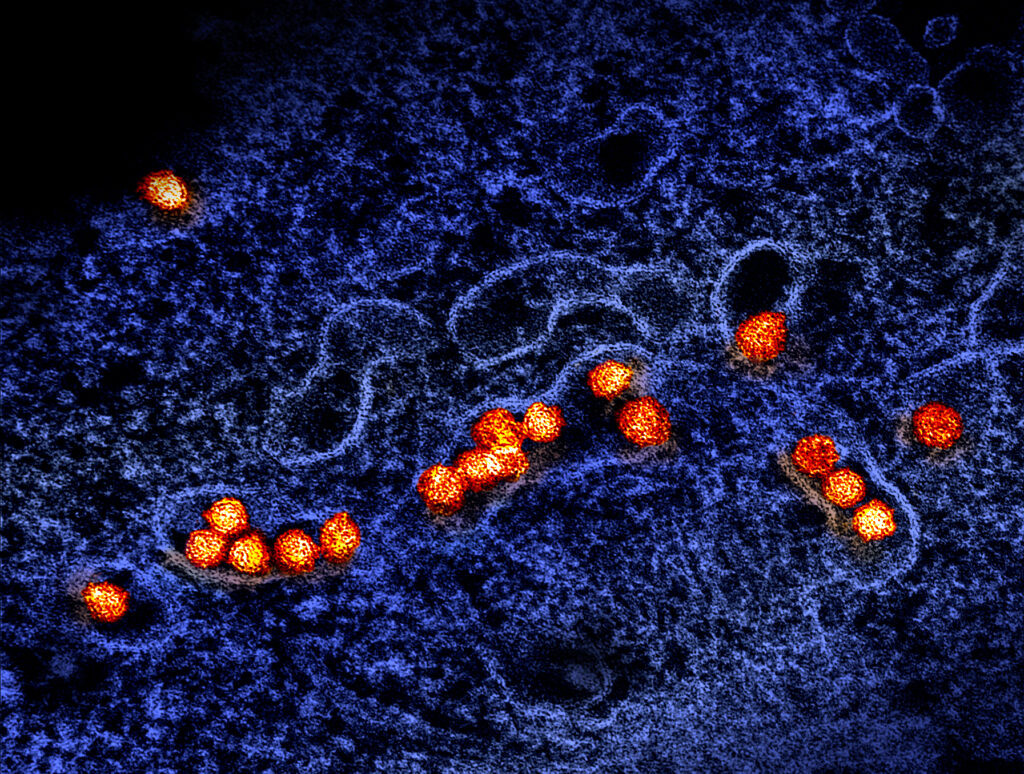Silent Killers: Shocking Habits Doctors Secretly Avoid to Prevent Strokes!
Strokes are a leading cause of death and disability worldwide, but a significant portion are preventable. Experts reveal the habits they avoid to mitigate their own risk, offering invaluable insights for improving your health.
Understanding the Risk Factors
Many stroke risk factors are silent, such as high cholesterol and high blood pressure. This makes regular checkups crucial. According to Dr. Anthony Kim, a vascular neurologist, "If you took a magic wand and waved it and suddenly eliminated high blood pressure from the U.S. population, there would be 60% fewer strokes." This highlights the critical importance of managing blood pressure. Dr. Arthur Wang, director of endovascular neurosurgery, adds that a sedentary lifestyle is another modifiable risk factor, emphasizing the benefits of regular physical activity like "30 minutes of moderate exercise maybe five times a week." This could involve walking, running, biking, gardening, or participating in fitness classes.
The Importance of Routine Checkups
Doctors stress the importance of regular checkups to detect silent risk factors like high cholesterol and blood pressure. These routine screenings, along with monitoring blood sugar and weight, are essential preventative measures. Early detection allows for timely intervention and management of these issues, significantly reducing stroke risk.
Lifestyle Choices That Increase Stroke Risk
Several lifestyle choices significantly contribute to stroke risk. Smoking, for instance, narrows blood vessels, increasing the likelihood of blockages and subsequent strokes. Excessive alcohol consumption is another major factor, linked to increased heart disease and stroke risk. The CDC defines excessive drinking as more than four drinks in one sitting for women or five for men, and more than eight drinks per week for women or 15 for men. Doctors recommend limiting alcohol intake to one drink per day for women and two for men.
Dietary Habits
Diet plays a crucial role in stroke prevention. Moderating foods high in saturated fats, sugar, and salt is paramount. Dr. Kim advocates following the advice of Michael Pollan: “eat food, mostly plants, not too much.” This emphasizes a diet rich in fruits and vegetables with moderate meat consumption. A balanced diet contributes to lower blood pressure, reducing the risk of strokes.
Recognizing and Responding to Stroke Symptoms
The ability to recognize stroke symptoms promptly is life-saving. The FAST acronym is widely used: Facial drooping, Arm weakness, Speech difficulty, and Time to call 9-1-1. While FAST highlights common symptoms, it’s crucial to seek immediate medical attention if anything feels unusual. Prompt treatment is critical for minimizing brain damage.
The Significance of Early Intervention
Doctors emphasize that stroke treatments are most effective when administered promptly. The faster the intervention, the better the outcome. This reinforces the urgency of recognizing symptoms and seeking immediate medical help.
Taking Control: Proactive Steps for Stroke Prevention
Preventing strokes involves proactive lifestyle changes. Regular exercise, a balanced diet, and abstaining from smoking and excessive alcohol consumption are key steps. Regular health checkups allow for early detection and management of silent risk factors. This combination of proactive measures and prompt response to symptoms significantly reduces the risk of strokes, ultimately safeguarding your health and well-being.
By making conscious choices to adopt a healthier lifestyle and seeking regular medical checkups, we can significantly reduce our chances of experiencing a stroke and improve our overall health. Early detection and prompt medical attention remain vital components in reducing the severity of stroke complications and optimizing long-term health outcomes. Remember, knowledge and proactive measures are your strongest allies in preventing this devastating event. Taking care of your body is an investment in a healthier and longer life.

















